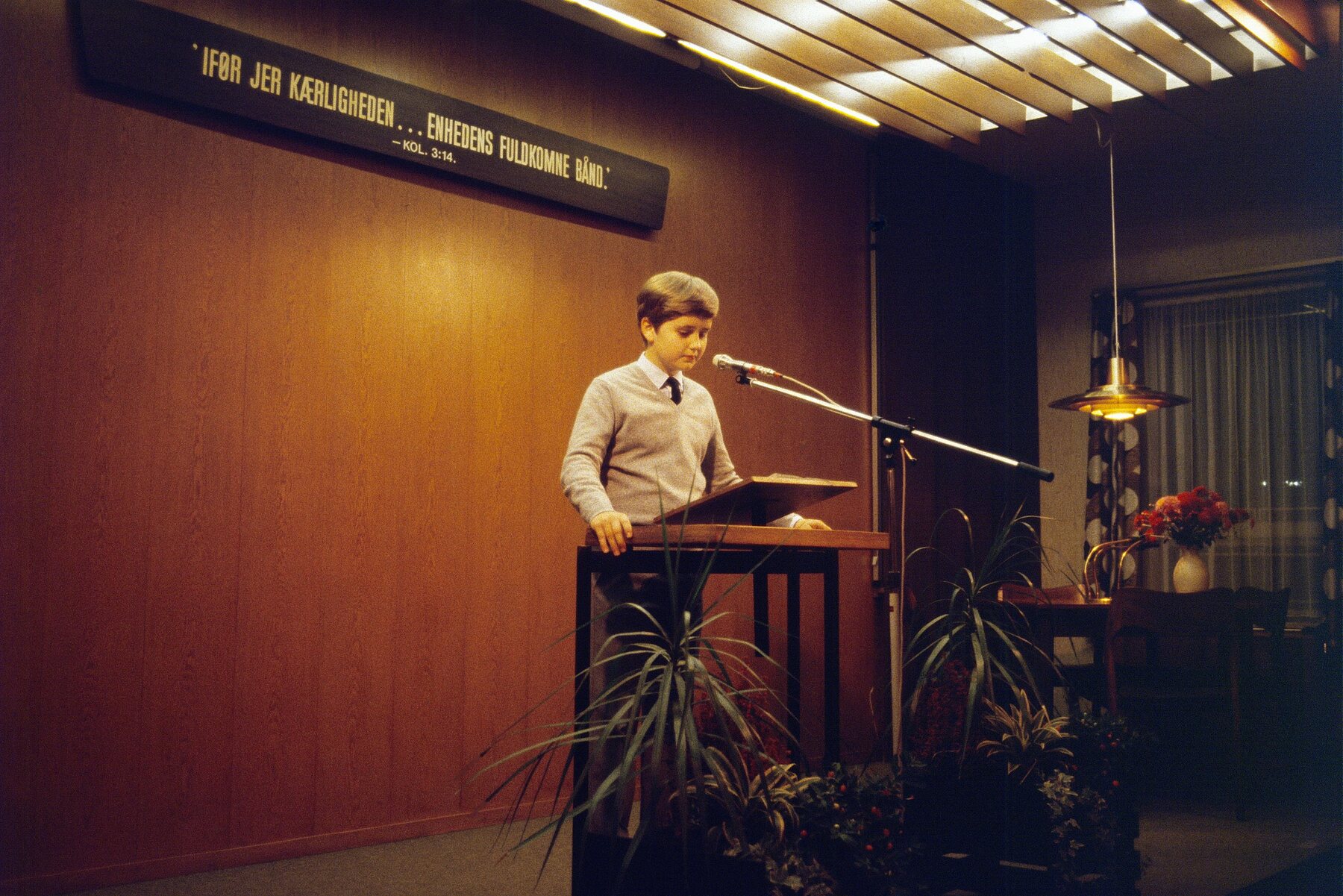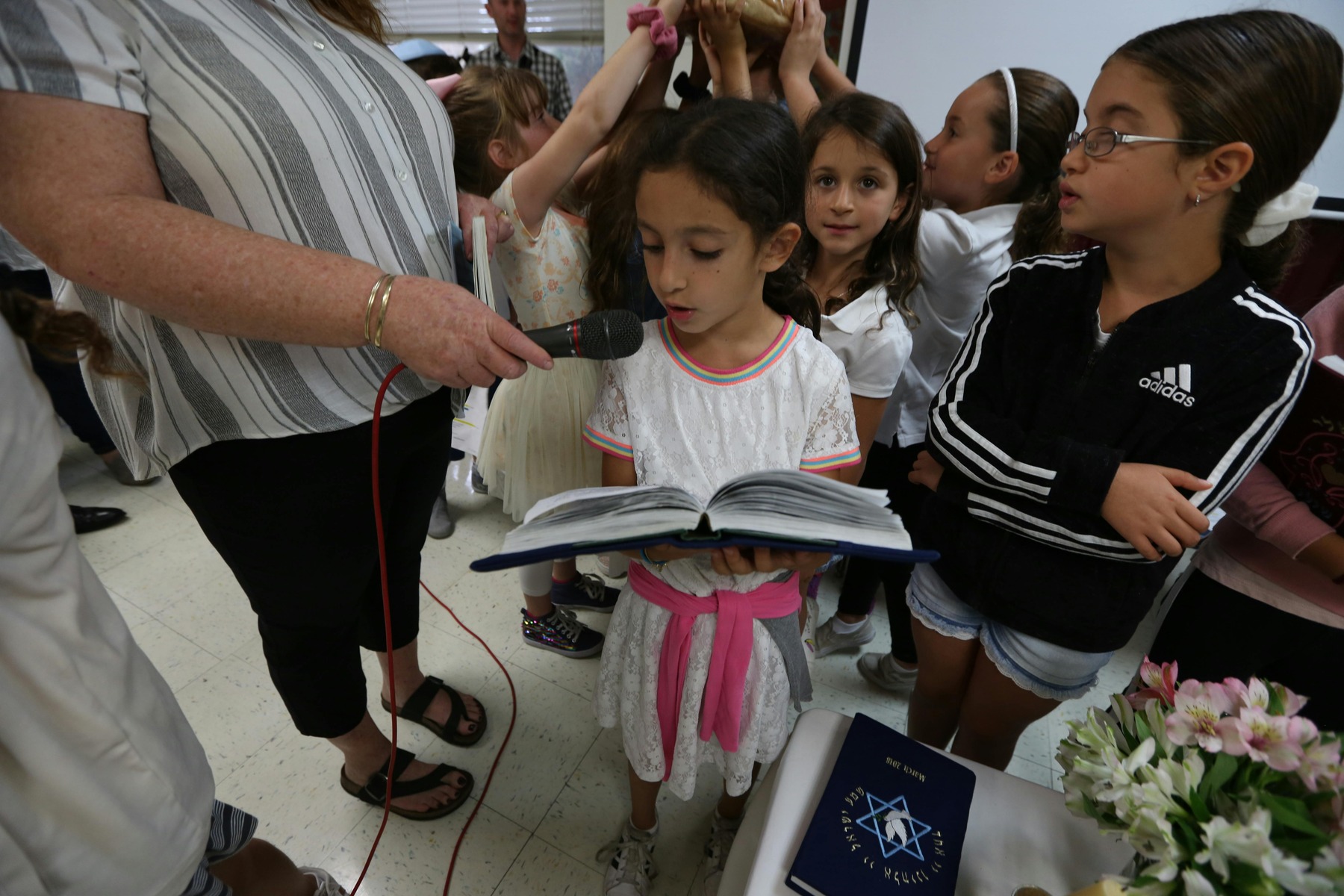Public speaking can be daunting for kids, but it’s an important skill that can boost confidence and improve communication abilities. Many children face anxiety when speaking in front of others, which can hinder their personal and academic growth. Here are some public speaking tips for kids that we recommend as professional vocal coaches.
10 Public Speaking Tips for Kids
Public speaking is a valuable skill for kids, helping them build confidence and express their ideas clearly. Whether in the classroom or on stage, learning to speak in front of others can enhance communication skills and uplift self-esteem. 
With the right guidance, children can become more comfortable and effective speakers. Here are some tips that can help with that.
1. Never Skip the Pre-Speech Prep
Preparation is key to a successful speech. Teach kids to thoroughly research the topic and organize their thoughts before writing the speech. This guarantees that they have a clear structure and can deliver their message effectively.
Kids should also prepare for potential questions from the audience. This can help them feel more confident and ready to handle any situation. Thorough preparation reduces anxiety and enhances the final quality of the speech.

2. Start with a Strong Opening
A strong opening grabs the audience’s attention. Encourage kids to start with a greeting, a question, or an interesting fact. This sets the tone for the rest of the speech and engages listeners from the beginning.
A compelling opening can be a story, a joke, or a surprising statistic. Kids should practice different openings to see which one resonates best with their audience. This helps in making a lasting first impression.
3. Know the Audience
Understanding the audience is key. It’s important for children to consider who they are speaking to and what interests them. This helps tailor the speech to keep the audience engaged and make the content more relevant.
Kids should learn to adjust their delivery, language, and examples based on the audience’s age and interests. This makes the speech more relatable and easier to understand. Knowing the audience also helps in anticipating questions and preparing answers.
4. Practice Regularly
Practice makes perfect. Regular practice helps kids become more comfortable with public speaking. Create opportunities for them to speak in front of family, friends, or small groups to build their confidence.
Practicing in front of a mirror can also help kids see their body language and facial expressions. Recording and reviewing the practice sessions can provide valuable insights into areas that need improvement.
5. Use Visual Aids
Visual aids can enhance the speech. Keeping this in mind, encourage kids to use props, slides, or posters to illustrate their points. This not only makes the speech more interesting but also helps in conveying the message more effectively.
Visual aids should be simple and not distract from the main message. Children should practice using them to confirm they are comfortable and know when to refer to them during the speech. This adds a professional touch to the presentation.
6. Maintain Eye Contact
Eye contact is important for effective communication. Teach kids to look at different sections of the audience throughout their speech. This helps establish a connection and keeps the audience engaged.
Maintaining eye contact can be challenging, but it’s important for building trust and credibility during speech delivery. Kids can practice speaking to a small group and gradually increasing the audience, making eye contact a natural part of their delivery.
7. Control Body Language
Body language speaks volumes. Guide kids on how to stand confidently, use hand gestures appropriately, and avoid fidgeting. Good posture and controlled movements can significantly enhance their delivery.
Kids should also be aware of their facial expressions. A smile can make them appear more approachable and confident. Practicing in front of a mirror or recording their speech can help them become more aware of their body language.
8. Use a Clear and Loud Voice
Speaking clearly and loudly (without shouting) ensures the audience can hear and understand the speech. Encourage kids to practice their speech at an audible volume to everyone in the room.
Kids should also practice enunciating their words clearly. This helps avoid mumbling and guarantees that the audience can follow along easily. Using a microphone during practice sessions can help them get used to speaking at a higher volume.
9. Seek Feedback
Feedback helps in improvement. Encourage kids to seek constructive feedback from teachers, parents, or peers. This can help them identify areas for improvement and become better speakers.
Kids should be open to receiving feedback and view it as an opportunity to grow. Constructive criticism can provide valuable insights and help them refine their skills. Regular feedback sessions can significantly enhance their public speaking abilities.

10. Handle Mistakes Gracefully
Mistakes are a part of learning. Teach kids to handle mistakes gracefully. If they forget a line or make an error, they should stay calm and continue. This shows confidence and resilience.
Kids should practice handling mistakes during their practice sessions. This helps them become more comfortable with the idea of making errors and teaches them how to recover gracefully. Encouraging a positive attitude towards mistakes is important.
The Benefits of Public Speaking for Kids
Public speaking offers numerous benefits for kids. It boosts self-confidence, improves communication skills, and enhances critical thinking. Kids who are good at public speaking tend to perform better academically and socially.
Public speaking also helps in developing leadership skills. Kids learn to organize their thoughts, present ideas clearly, and persuade others. These skills are valuable in both personal and professional life.
Building Confidence Through Public Speaking
Confidence is an important aspect of public speaking. To overcome stage fright and stop shaking, encourage kids to believe in themselves and their abilities. Positive reinforcement and regular practice can help build confidence over time.
Kids should also learn to focus on their strengths and use them to their advantage. This will help in boosting their self-esteem and make them more confident speakers. Building confidence is a gradual process, and it’s important for an effective format of public speaking.
Improving Communication Skills
Effective communication is another vital benefit of developing a conversational approach to public speaking. By learning to speak in front of others, kids develop the ability to articulate their thoughts more clearly. They learn how to structure their speech, use appropriate vocabulary, and convey messages in a way that resonates with their audience.
Over time, this helps improve both verbal and non-verbal communication, making them better listeners and more engaging speakers.
Enhancing Critical Thinking and Problem Solving
Public speaking requires kids to think on their feet and respond to questions or challenges during presentations. This encourages critical thinking and sharpens their problem-solving skills. When kids prepare speeches or participate in discussions, they analyze information, weigh different viewpoints, and present logical arguments.
This practice not only improves their cognitive abilities but also nurtures a more thoughtful and analytical approach to everyday challenges.
Additional Tips for Public Speaking
Public speaking can be challenging for kids. Common issues include stage fright, forgetting lines, and lack of engagement. By practicing regularly and using the following tips, kids can overcome these challenges.
Use Storytelling
Stories and examples make the speech more relatable. Encourage kids to use personal anecdotes or real-life examples to illustrate their points. This helps in making the speech more engaging and memorable.
Kids can practice storytelling in public speaking by sharing their favorite stories with family and friends. This helps them become more comfortable using stories in their speeches, and real-life examples add authenticity to their messages.
Learn Time Management
Managing time is important. Kids should practice delivering their speech within the allotted time. This helps to make sure they cover the points without rushing or exceeding the time limit.
Using a timer during practice sessions can help kids manage time effectively. They should also learn to prioritize points and focus on the most important aspects of their speech. This guarantees a well-balanced and concise delivery.
Encourage Questions
Encouraging questions can make the speech more interactive. Kids should be prepared to answer questions from the audience. This helps in engaging the audience and demonstrating their knowledge of the topic.
Practicing answering questions can help kids become more comfortable with this aspect of public speaking. They should also learn to handle unexpected questions effectively. This adds a dynamic element to their speech and keeps the audience engaged.
Related Questions
How To Help Kids Manage Public Speaking Anxiety?
To help kids manage public speaking anxiety, teach them relaxation techniques like deep breathing and positive visualization. Regular practice also helps reduce anxiety over time.
What Are Some Good Topics for Kids’ Speeches?
Topics that interest kids, such as their favorite hobbies, animals, or a memorable trip, are great choices. These topics can make it easier for them to speak enthusiastically and without stage fright. That being said, the topic for the speech should also align with the given theme.
How Important Is Feedback in Improving Public Speaking Skills?
Feedback is important as it helps identify strengths and areas for improvement. Constructive feedback from trusted sources can significantly enhance a child’s public speaking abilities.
Conclusion
Public speaking is a valuable skill that can open many doors for kids. By following these public speaking tips for kids and solo training program, children can become confident and effective speakers. Remember, the key is to start early and provide continuous support and encouragement. For professional guidance on public speaking, visit Voice Place.






